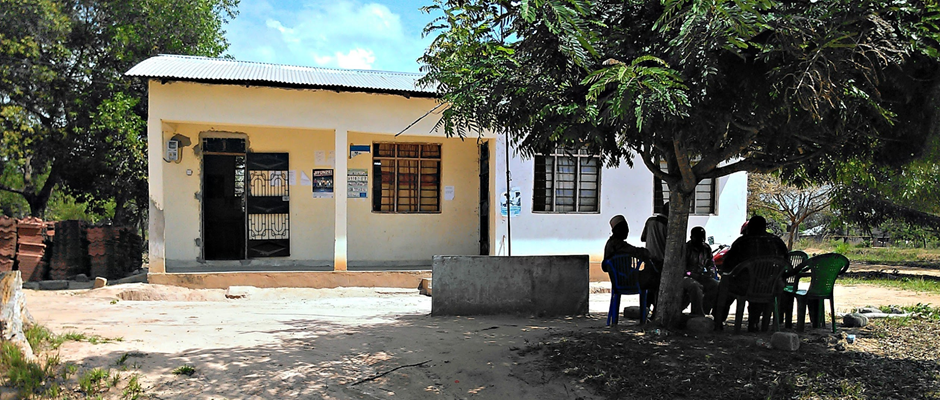
Canada has three levels of government; federal, provincial and municipal. According to Section 92(8) of the Constitution Act, 1867, “In each Province the Legislature may exclusively make Laws in relation to… Municipal Institutions in the Province.” Currently, there are about 3,700 municipal governments in Canada.
Local governments in Canada are on the front lines of daily life and commerce, as municipalities are responsible for:
- 60 percent of Canada’s public infrastructure
- local policing and public safety measures
- local transportation, including road maintenance and public transit
- local social services and housing
- water and wastewater services
- waste management and recycling
- sustainability initiatives
- parks, recreation, libraries and culture
- public health, including school outreach programs and community vaccinations
Municipalities in Canada form an effective, trusted order of government. As the governments closest to Canadians and their daily lives, local governments are renowned for being open, transparent and responsive to their residents’ needs. A recent survey showed that when it comes to understanding their quality-of-life needs and delivering solutions, 61 percent of Canadians trust their local leaders the most.
The Federation of Canadian Municipalities (FCM) is the national voice of Canada’s local order of government. FCM’s nearly 2,000 member municipalities represent more than 90 percent of all Canadians. Because cities and communities are the places where people live, work and raise their families, local governments are on the front lines of services and programs that drive prosperity, promote citizen engagement and support our quality of life.
The job of local governments–and its Federation–is to understand local challenges and build solutions that work on the ground. Because local governments only have access to a small fraction of Canada’s tax base—mostly property taxes—municipalities have learned to make the most of every dollar.
Because municipalities are close to the people, FCM is well-designed to help design and deliver federal initiatives that build better lives for Canadians. At the same time, by promoting the ability of its members to deliver on federal initiatives that aspire to improve people’s lives across the country—efficiently and cost-effectively, the FCM is able to help municipalities to leverage provincial as well as federal resources in pursuit of policy objectives that they share with federal and provincial government, including better roads, modern transit, more affordable housing and a wide range of shared municipal-federal priorities:
- job creation
- economic growth and productivity
- infrastructure renewal and expansion
- housing affordability
- disaster mitigation and climate adaptation
- environmental and climate stewardship
- immigrant and refugee settlement
- partnership and reconciliation with Indigenous peoples
- emergency management
- community safety
- crime prevention
As the national voice of local government, FCM actively seeks to move national conversations and policy debates by maintaining regular contact with the federal government, opposition parties and a wide range of stakeholders in the public sector, industry and civil society. From budget consultations to committee hearings and far beyond, FCM engages on national issues with local implications.
Successive federal governments have deepened their partnership with FCM to tackle pressing national challenges—from economic productivity to climate change and the housing crisis. FCM its our members are delivering federal initiatives and bringing local expertise to federal decision-makers.
As part of its outreach efforts to federal lawmakers after Canada’s recent elections, the FCM recently prepared “Building better lives together: A municipal call to action” (November 2019) to inform federal lawmakers about the role of local governments and as a way to identify shared opportunities across a wide range of policy areas. The document also identifies federal funding mechanisms that could be used by federal policy makers as a way to leverage local governments in pursuit of national policy goals with the hope to inform the first 100 days of the new federal government.




